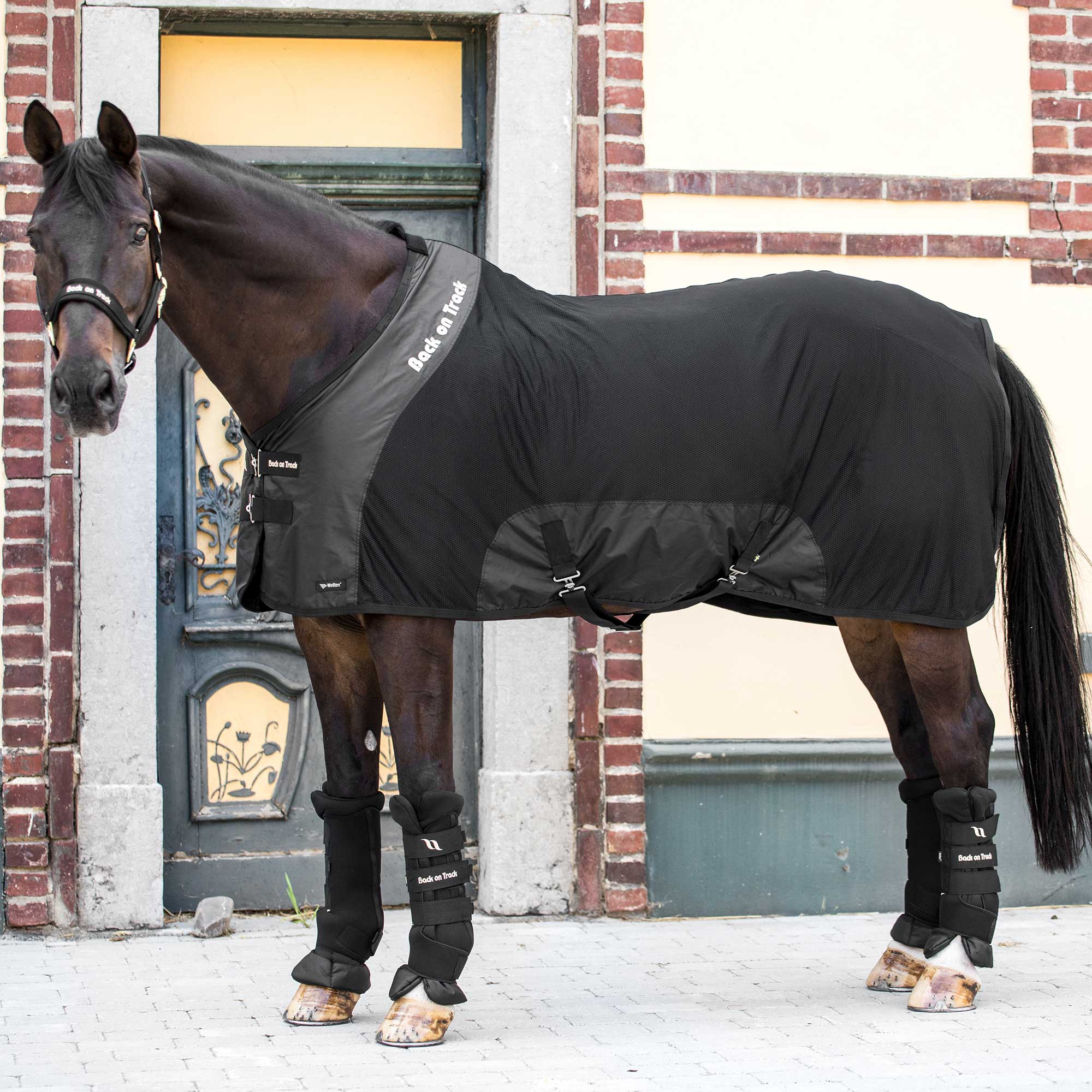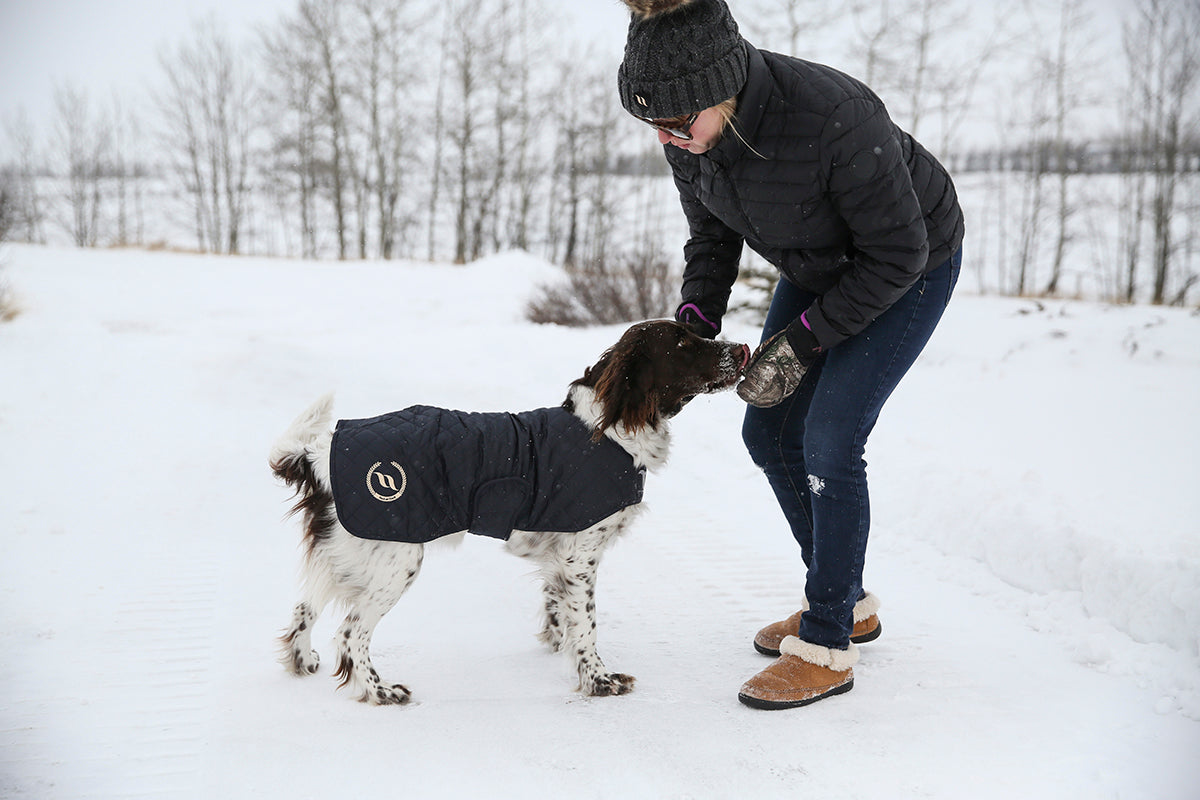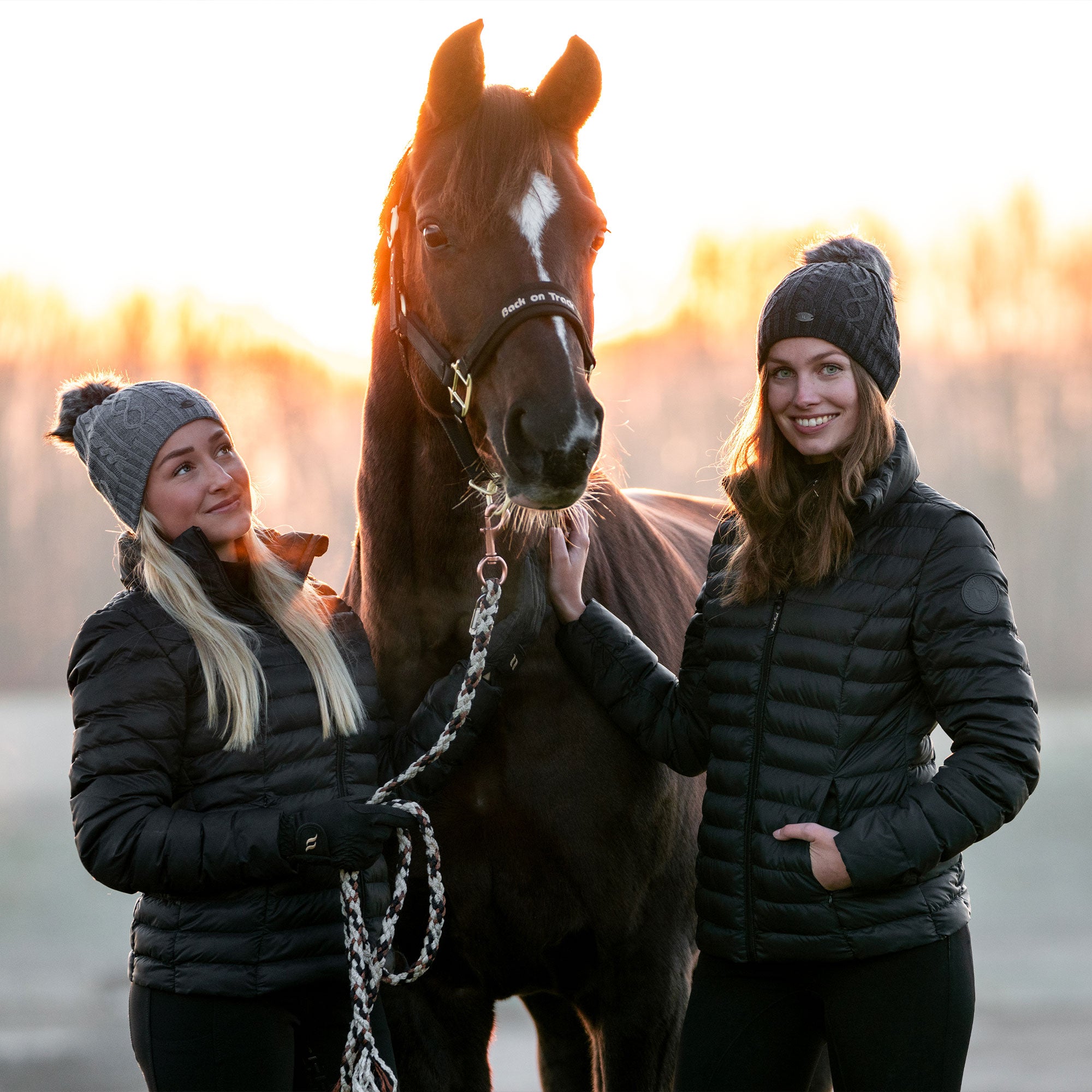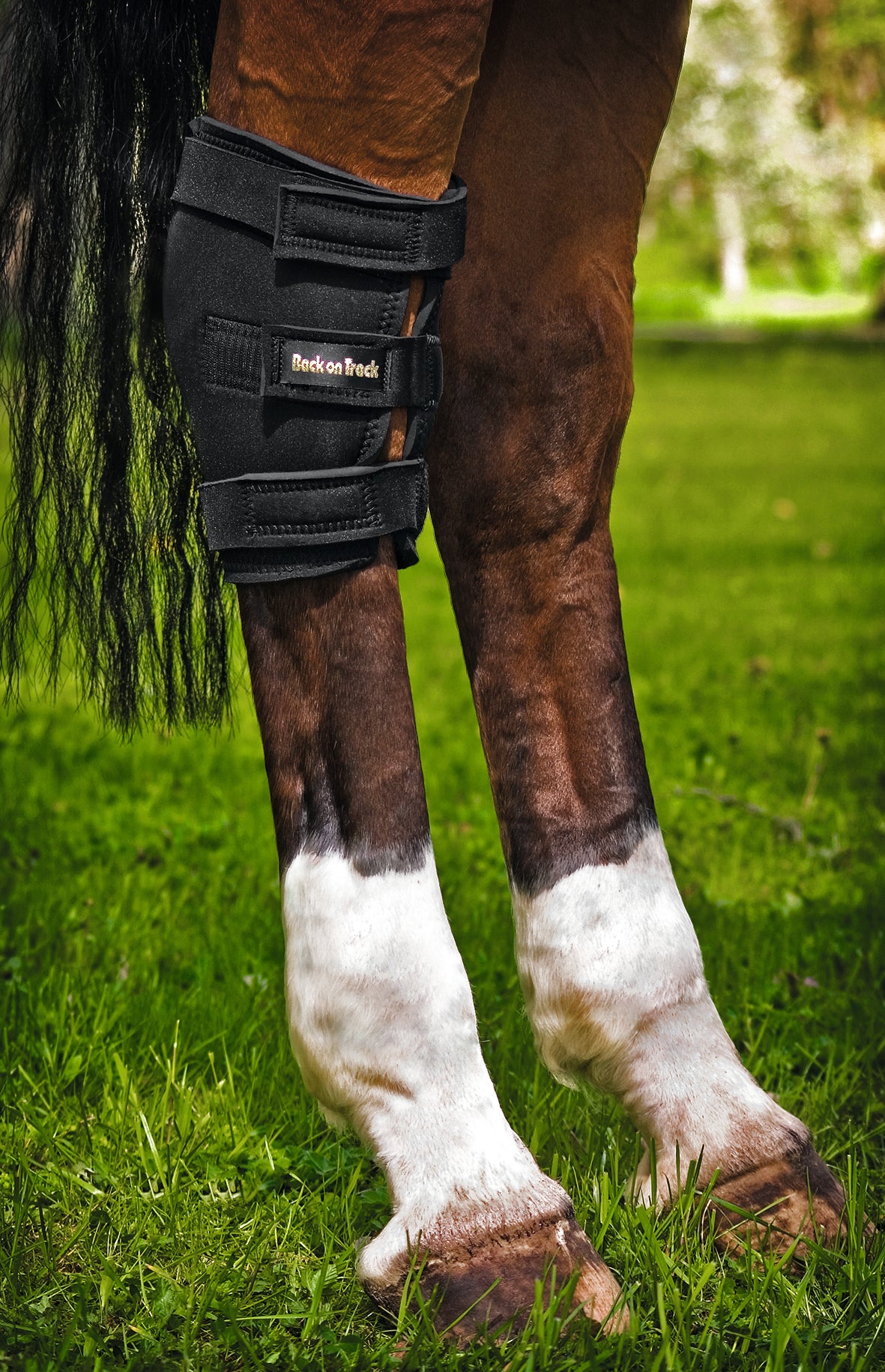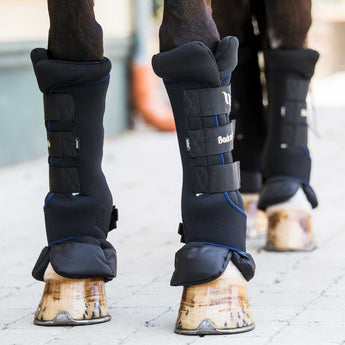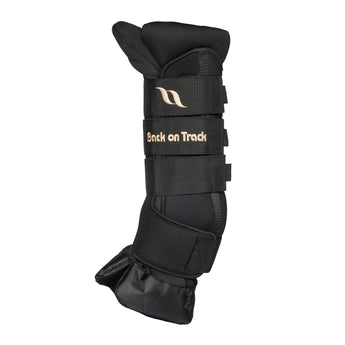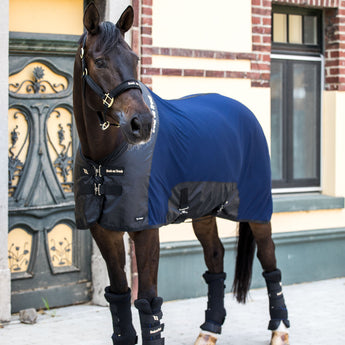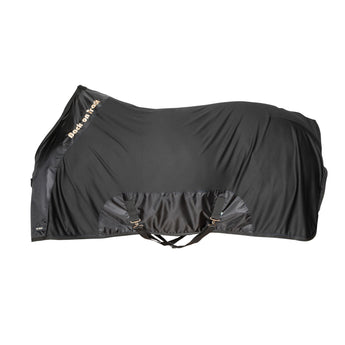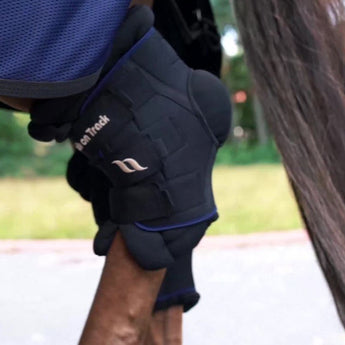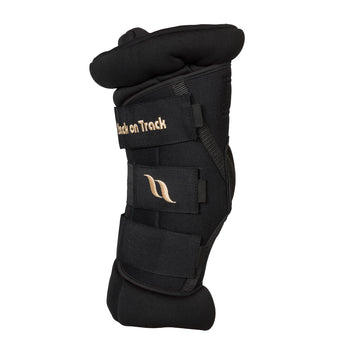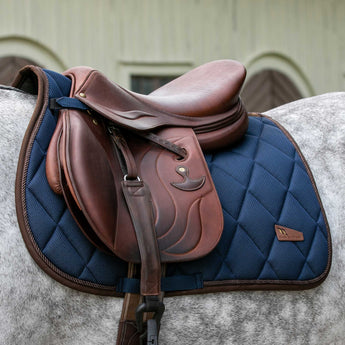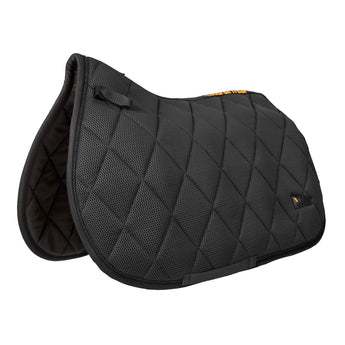Time takes its toll on everyone, and horses are no exception. Typically, horses are considered seniors once they reach fifteen years of age. Like with humans, old age comes with its fair share of health issues and nutritional needs. This guide on how to care for a senior horse will help keep your horse happy and healthy well into their senior years.
Common Health Problems
Arthritis
Similar to humans, the likelihood of developing arthritis increases as a horse ages. Arthritis is caused by inflammation as a result of eroded joint structure, which generally occurs in a horse’s knee or hock joints. The symptoms of arthritis may be subtle at first, so be on the lookout for small changes in your horse’s behavior and movement. If your horse exhibits stiffness that goes away as they warm up or you notice a shortening of their stride, for instance, your horse may be experiencing discomfort as a result of arthritis. Puffiness or swelling around a joint may also be a visible indicator that your horse is suffering from this condition.
Unfortunately, there is no cure for arthritis yet; however, there are some measures you can take to help lessen the effects of this condition and reduce inflammation between the joints. First, be sure to provide your horse with a healthy and nutritional diet. Excess weight puts additional strain on your horse’s joints and muscles, which may cause the arthritis to worsen. You may also want to consider reducing your horse’s workload. While exercise is a crucial part in how to care for a senior horse, over-exerting your horse can increase inflammation. Additionally, to lessen the effects of arthritis in your senior horse, you may consider a therapeutic horse wrap. These wraps allow for increased blood circulation as well as relaxed muscles, tendons, and joints, which eases any swelling or inflammation that may come from arthritis.
Dental Problems
Teeth and jaw issues are extremely common in senior horses. After years of grinding their teeth, you may notice that there are loose molars, uneven wear on the teeth, or that the teeth have been grinded into sharp points or completely down to the gumline. Each of these issues can cause your horse to have difficulty eating. The inability to effectively chew and process high fiber feed, such as hay and grass, will cause the horse’s body fat and weight to decline. Adapting a senior horse’s diet to include feed that is easier to eat, such as beet pulp or soaked hay pellets, will ensure that your horse receives all their necessary nutrients without putting additional strain on their teeth. Horses with dental problems are also at an increased risk to develop colic or choking, and senior horse owners should take precautions to avoid these issues. Consider feeding your horse smaller, more frequent meals throughout the day or soaking your horse’s feed to prevent rapid consumption and reduce the risk of choking.
To lessen the risk of dental health issues, be sure to arrange a dental exam with your vet at least once a year. If you notice that your horse spits out partially chewed food or that food falls out of their mouth, however, you should consider scheduling more frequent dental exams, as this might be a sign that your horse is experiencing tooth or jaw problems.
Cushing’s Disease
Also known as Pituitary Pars Intermedia Dysfunction (PPID), this condition is one of the most common diseases senior horses experience. Cushing’s Disease is a disorder of the pituitary gland which causes the body to produce an excess of hormones. This can affect the whole body and cause several physical symptoms in your horse which includes long, curly hair or delayed shedding. Not all horses will exhibit the same symptoms, however, and for some horses, the warning signs may be a bit more subtle. If you notice that your horse acts a bit more lethargic, or you observe an increase in drinking and urination, you may want to consult your veterinarian, as these are also common signs of Cushing’s Disease.
Although there is currently no cure for Cushing’s Disease, there are treatments available to lessen the affects of this condition. Oral medications, such as pergolide, are popular treatment options and have proven to reduce the symptoms of Cushing’s Disease among senior horses. Owners of horses with this condition should also carefully monitor the horse’s diet, as Cushing’s Disease can lead to significant weight loss. Additionally, horses with Cushing’s Disease have also shown an increased risk of developing laminitis, an inflammatory condition that affects a horse’s hoof. Horse’s with these conditions should visit a farrier regularly to combat further inflammation.
Nutrition
As your horse ages, you may notice fluctuations in their weight, perhaps as a result of one or several of the above health conditions. Senior horses may also have more trouble absorbing nutrients than their younger counterparts, and it is very common for senior horses to experience weight loss. It’s important to recognize the condition early on, as it is much more difficult to reverse the effects of severe weight loss. When it comes to choosing feed for your senior horse, it’s best to steer clear of starches and sugars. Senior horses that have been diagnosed with insulin-resistant health issues or Cushing’s Disease cannot digest sugars or starches easily, so these should be restricted in their diet.
It’s important to remember, however, that no two horses are the same, and each senior horse may require specific dietary restrictions or supplements. While you can purchase feed designed specifically for senior horses, it’s generally more beneficial to base your horse’s feed around their individual needs. Consult your veterinarian to better understand which feed is best for your horse.
Like with humans, age is but a number when it comes to horses. While your horse may have reached a senior age, some horses may still feel as spry as a foal well into their older years. Rather than basing their care simply on their technical age, focus your care plan on your horse’s physiological age and behaviors. Each horse is special and should be cared for according to their specific needs. Consult your veterinarian to discuss the best ways to care for your senior horse’s unique requirements.


